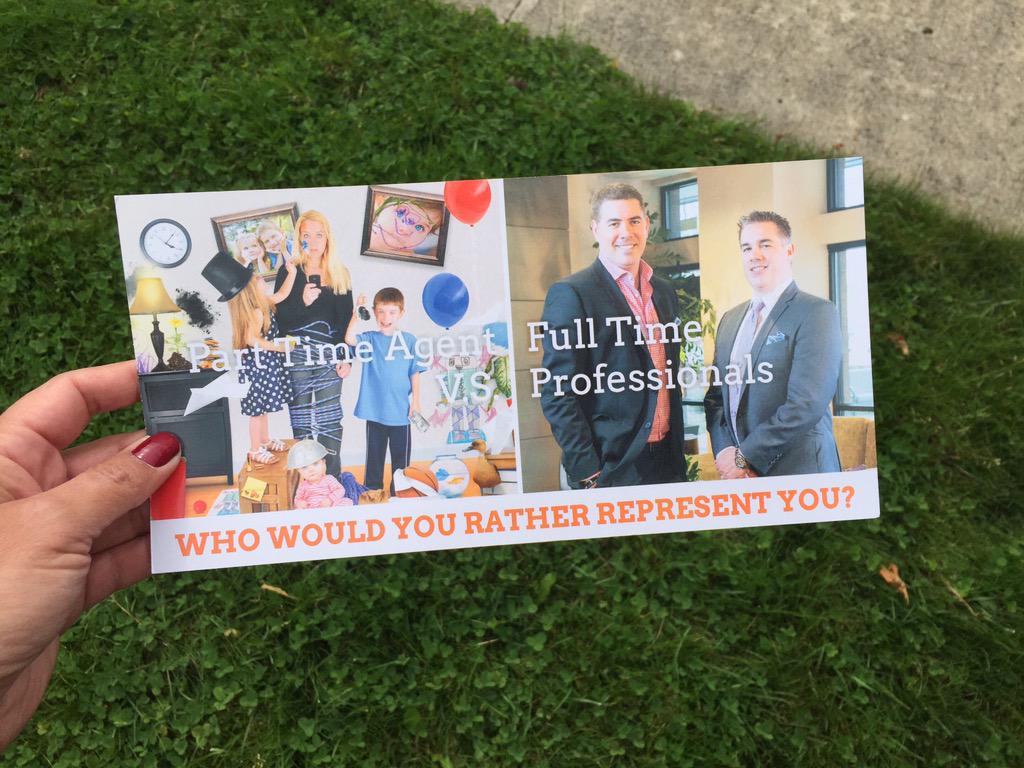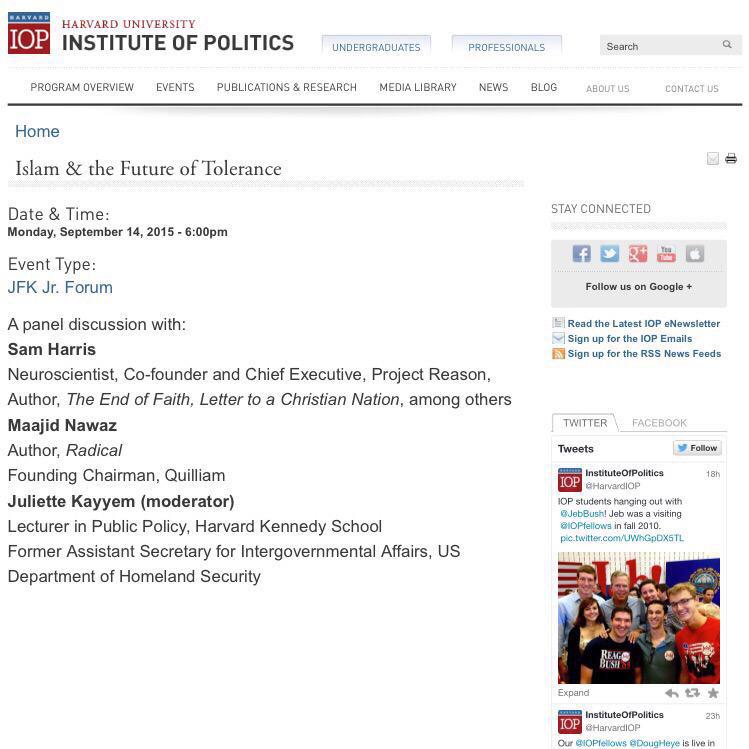There’s a Nonbinary Wiki.
There are many kinds of nonbinary gender identities. These include, but are not limited to:
- Agender people find that they have no inner sense of their gender identity. That is, they have no gender.
- Androgynes are a mix of female and male.
- Aporagender is separate from female, male, or anything in between, and isn’t an absence of gender. The basic definition of maverique is similar.
- Butch and boi are queermasculine genders, which some use as nonbinary identities. The same is true for a queer feminine gender, femme.
- Demigender identities, such as the partly female demigirl, and the partly male demiboy.
- Genderfluid people have different gender identities at different times.
- Genderqueer is a non-normative gender identity or expression. This can be an umbrella term, or a specific identity.
- Intergender people have a gender identity in between female and male, and were born with intersexbodies.
- Multigender people have more than one gender identity, either at the same time, or sometimes changing between them. Bigender people have two genders.
- Neutrois is often a transsexual identity, and usually means a gender neither female nor male, but neutral.
- Xenogender includes many nonbinary gender identities defined in reference to very different ideas than female or male.
- Transgender is an umbrella term for all genders that go beyond society’s ideas of gender, which includes some kinds of binary gender people. However, some call their gender identity simply “transgender,” as a nonbinary identity itself.
- Nonbinary is an umbrella term for all who don’t identify as just female or male. Though there are many kinds of nonbinary gender identities, some people identify as “nonbinary” only.
Is it true that transgender is an umbrella term for all genders that go beyond society’s ideas of gender? I ask because I thought it was a term for people who are binary but identify as the gender they were not assigned at birth. The two aren’t the same.
At any rate, xenogender sounds interesting, so let’s check it out.
Xenogender (coined by Baaphomett in 2014,[1] from xeno alien + “gender”) is a nonbinarygender identity “that cannot be contained by human understandings of gender; more concerned with crafting other methods of gender categorization and hierarchy such as those relating to animals, plants, or other creatures/things.”[2] Xenogender isn’t defined in relation to “female” or “male” (the binary genders), but by other kinds of ideas that most people don’t think of as having to do with gender. When people talk about nonbinary gender, they often find that there aren’t any words for their experiences. This is called a lexical gap. In order to fill a lexical gap, this wiki takes up “xenogender” as an umbrella term for an entire category of nonbinary genders that are defined by characteristics with no relation whatsoever to “female” or “male.”
If there’s no relation whatsoever to “female” or “male” then it’s not gender they’re talking about. Gender isn’t just another word for personality or interests or style.
Because a gender binary society doesn’t give much in the way of roles or descriptions for nonbinary genders, some transgender and gender nonconforming people address the challenge of describing their unusual gender identities by creative methods, referring to concepts that aren’t usually seen as related to gender.
But why do they have to be gender identities at all? When they’re not?
These creative methods of describing nonbinary genders come naturally to many nonbinary people. As such, these are an emerging part of nonbinary culture, worthy of exploration and examination. Some common themes of these concepts:
Nouns and archetypes. Some nonbinary people find it easier to perceive or describe their inner sense of their gender identity by evoking familiar archetypes. Instead of giving references to how their gender relates to maleness and femaleness, they say their gender is– or is like– a kind of animal, an imaginary being, a part of nature, an abstract concept, or a symbol. Some people have made names for some of these kinds of noungenders, such as arithmogender, faunagender, and gendersea (see below).
Buuuuuuuut that’s not gender, it’s something else. By all means describe yourself in metaphors involving animals, imaginary beings, parts of nature, abstractions, symbols, and anything else you like, but why call it gender? Why not just call it “I’m like _____”?
There’s a list, along with a credit for the person who coined the item on the list.
abimegender. From “Old French – related to ‘abyss’; from Latin a- ‘without’ byssos ‘bottom’. Having a gender which is profound, deep, and infinite.”[4] Keywords: size, shape, space, synaesthesia
aesthetgender. Coined by curiosityismysin. “A gender experience that is derived from, or the embodiment of, an aesthetic.”[5] Keywords: abstract concepts, symbols
archaicgender. Coined by irredeemablegoety. “A gender that stretches far beyond one’s own age or lifetime. The vast-age of this gender has allowed it to grow far beyond whatever size/presence one would expect, or perhaps to shrink down and almost be forgotten.”[6] Synonyms: archaigender, historiagender. Keywords: time
archaigender. Coined by completelynormalscientist. “A gender that is ancient/old and big, and can either only be described with those words, or is correlated to them. Can be changed into archaiboy/girl/nonbinary/other.”[7] Synonyms: archaicgender, historiagender. Keywords: time
arithmogender. Coined by furryhell. “A number gender. It can range from any number/s, positive, negative, decimals, fractions, etc. gender can be replaced with xirl, fluid, girl, boi, nb, nonbinary, boy, enby, etc.”[8] Keywords: abstract concepts, symbols
But “arithmo” isn’t a gender. Math isn’t a gender. None of this is gender.
cosmicgender. Coined by dragon-friker. “A gender so vast and complex that you are only able to process a small bit of it at a time. like viewing the night sky through a telescope you cannot hope to see all of it at once however you may gain more knowledge about parts of it the longer you focus on one part. may contain any number of sub genders within it that may present themselves to you. it is infinite in its possibility. Name from the vast reaches of space filled with things we canot begin to imagine.”[13]Keywords: size, change, space
Now the person who has that gender is really special. Cosmic, man.
digigender. Coined by furryhell. “A digital gender. it can range from any digital thing or file; virus, malware, .txt, .mp3, anti-virus, trojan, email, etc. gender can be replaced with girl, xirl, nonbinary, nb, enby, fluid, boy, boi, etc.”[15] Keywords: abstract concepts, technology, symbols
……
……
What?
freezegender. Coined by asperdemigirl in 2014. “Similar to frostgender [which is cold and snowy], but it also encompasses other genders as well. such as a freezegirl experiencing both a cold and snowy gender but also being a female, for example.”[20] Syn. wintgender, wintegender. Keywords: nature,demigender, temperature, season, synaesthesia
frostgender. Coined by asperdemigirl in 2014. “A gender which is cold and very snowy.”[21] Keywords: temperature, nature, season, synaesthesia
This must be a joke. Except I know the people who chew their knuckles over this stuff are deadly serious – hey that could be a gender too: waytooseriousgender. It’s not a joke, it’s a kind of narcissism that is so vast and complex that you are only able to process a small bit of it at a time. like viewing the night sky through a telescope you cannot hope to see all of it at once.
jupitergender. Coined by anonymous. “When your gender is so large and present, you’re not quite sure what it is because it’s too big to see clearly but it is definitely there and you know you’re definitely not cis.”[29] Keywords: size, monogender, questioning, space
Oh well obviously. Of course you’re not cis.
You know, I keep saying I’m not cis, and people keep saying that makes me transphobic – but so why can nonbinary people say their gender is so large and present, they’re not quite sure what it is because it’s too big to see clearly but it is definitely there and they know they’re definitely not cis?
I’m genuinely baffled by that.







